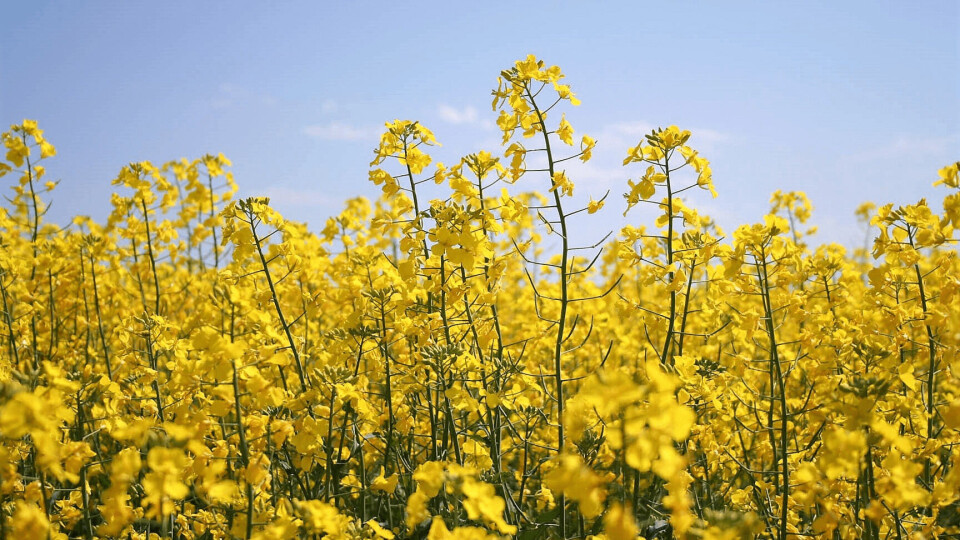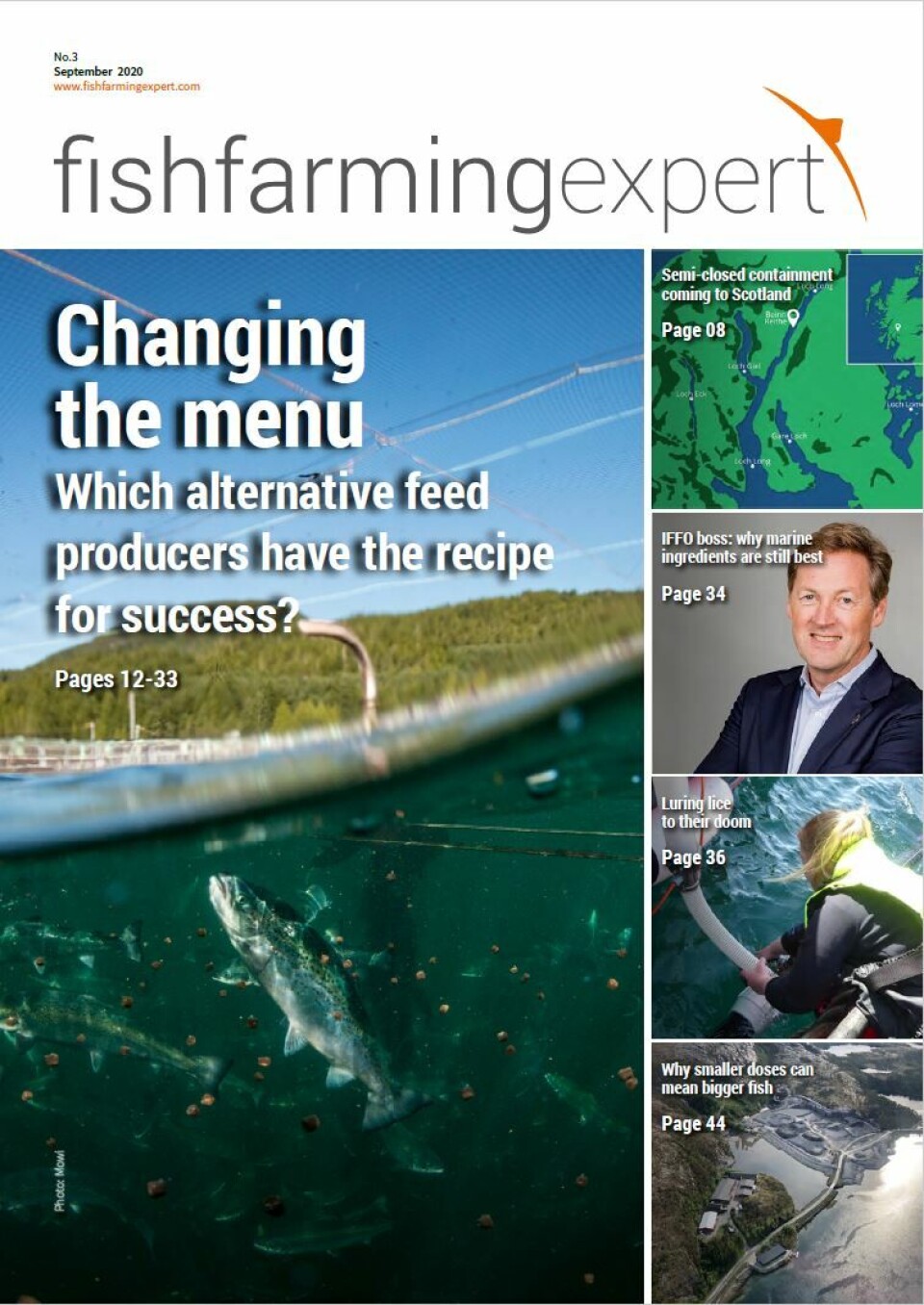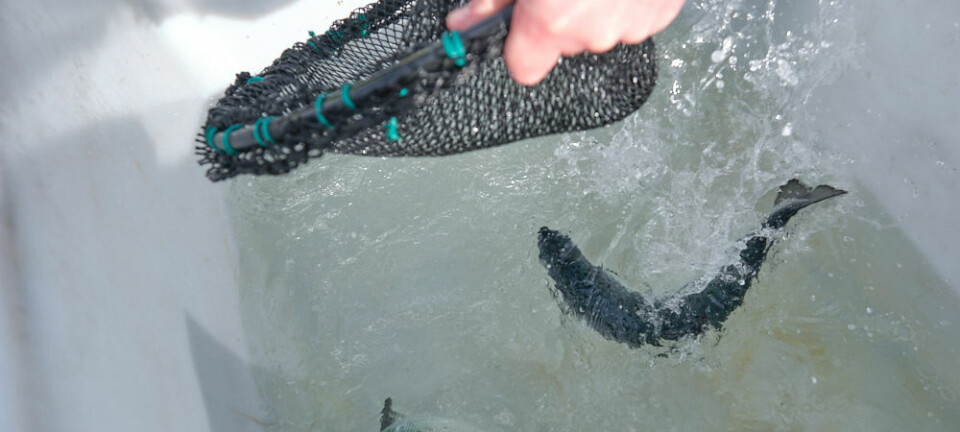
GM feed ingredient is global innovation award finalist
A feed ingredient from a genetically modified oilseed plant has been announced as one of three finalists for the Global Aquaculture Innovation Award 2020 presented by the Global Aquaculture Alliance (GAA).
Aquaterra, made by Nuseed, uses canola that has had microalgae genes added so that it produces omega-3 oils and other nutritionally important fatty acids.
Nuseed is a subsidiary of Australian agrichemical giant Nufarm and has spent almost a decade collaborating with the Commonwealth Scientific and Industrial Research Organisation (CSIRO) and the Grains Research and Development Corporation (GRDC) in Australia to develop and commercialise its crop.

Commercial trials
“We have seven microalgae genes. So, it’s a very complex and sophisticated structure or construct,” Nuseed’s omega-3 global general manager Benita Boettner told the GAA’s Advocate website.
Commercial-scale trials carried out on Atlantic salmon in Chile in 2018 and 2019 showed a decrease in mortality of the fish fed Aquaterra as part of their diet, with inclusions rates ranging from 1.49% to 1.90%.
The ratio between total omega-3, omega-6 and other nutrients in the canola-produced oil helped account for the results, said Pablo Berner, Nuseed’s aquaculture lead in Chile.
Easily scaled up
Berner added that taste testers could not tell the difference between fish from the control and experimental groups.
Farmers in Canada, Australia and the United States grow more than 10 million hectares of canola annually, according to Nuseed, so switching some fields to Nuseed’s crop would allow a rapid scale-up in production. The company says that a single hectare has the potential to produce the same amount of omega-3 oil as 10,000 fish each weighing a kilogram.
Nuseed’s canola is one of three GM oilseed products aimed at producing omega-3 for the aquafeed market.
Feed producer Cargill also has a GM canola developed in conjunction with chemical company BASF that is used to produce its Latitude feed, while agricultural institute Rothamsted Research in England has developed a GM camelina plant that can also incorporate salmon pigment astaxanthin.

Regulatory approval
Rothamsted scientist Professor Johnathan Napier believes the camelina has superior composition, since its oil accumulates both of the long chain fatty acids EPA and DHA to around 10% each, whereas the canola products accumulate primarily only one or the other.
However, the Nuseed and Cargill canola plants have already obtained regulatory approval in the United States, and Rothamsted’s camelina is unlikely to be market ready for another five years. That’s not a concern for Napier.
“It is great to see these two new biotech oils arrive on the market, and I feel proud as a plant scientist who has worked on this topic for a very long time, to be able to point to examples of GM technology aimed at delivering nutritional benefits now entering the market,” said Napier in an interview for the current edition of Fish Farming Expert magazine.
“And given the issues of growing population and the need for aquaculture to expand in a sustainable manner, I think there is plenty of room for multiple products in this area.”
Aquaterra and two other finalists of the Global Aquaculture Innovation Award will present at GAA’s upcoming virtual GOAL 2020 conference, held from October. 5-8. GOAL attendees will vote to select the winner.























































